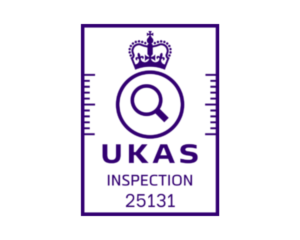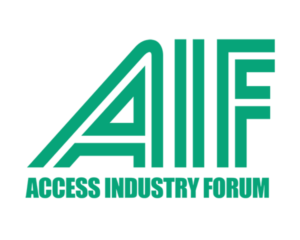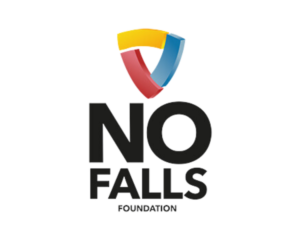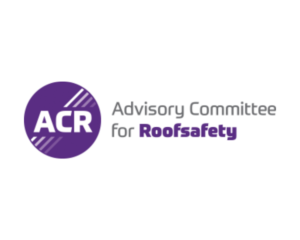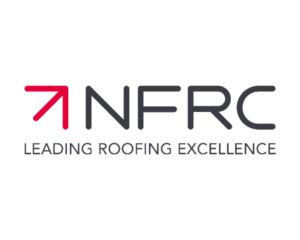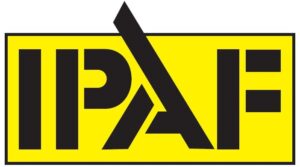As the established trade association and training body for the safety netting and temporary safety systems industry, FASET aims to always keep up to date with the latest news from the building access industry. We are pleased to share the following story describing how the British Security Industry Association (BSIA) is calling on the Health & Safety Executive (HSE) to review current commercial safety schemes that are affecting its members’ ability to remain competitive.
Concerns have been raised around the time consuming and administratively costly processes often used as a barrier to entry on prospective customer sites, requiring an organisation to acquire and maintain multiple accreditations for the very same management system and paying for the privilege. Prospective customers are pinning their colours to one scheme and not accepting other equally valid schemes, even though they are assessing the same management system.
Based on feedback from its members, the BSIA believes there is ambivalence over whether these schemes are delivering on health and safety goals, with scant evidence of any tangible positive impact directly attributed to these schemes.
The BSIA has identified that the current safety schemes seem counterproductive, bureaucratic, and costly to many organisations for the following reasons:
These schemes are more concerned about customer preference, dependent upon the procurement policy of their system.
Full management system (third party) UKAS certifications, such as ISO 45001 are being devalued and are not accepted by prospective customers.
Prospective customers see this as passing some of their health and safety responsibility (and all due diligence) onto others, with no need for due diligence on sub-contractors.
These accreditations detract from genuine safety performance as recognised by such bodies as Royal Society for the Prevention of Accidents.
Steve Lampett, Technical Manager, BSIA, said: “The Association believes the abundance of commercial safety schemes has turned accreditation into a huge bureaucratic system; a box ticking exercise with little to do with genuine health and safety assessment, which is, according to the Safety Schemes in Procurement website, supported by the HSE.
“Whilst the industry is keen to demonstrate best practice and is a passionate champion of health and safety and accepts its requirement for independent assessment, we believe these accreditations have had no positive impact on safety and are not working as intended. We are therefore calling on the HSE to review their support for these schemes in line with our members’ valid concerns.”
Image: Shutterstiock


